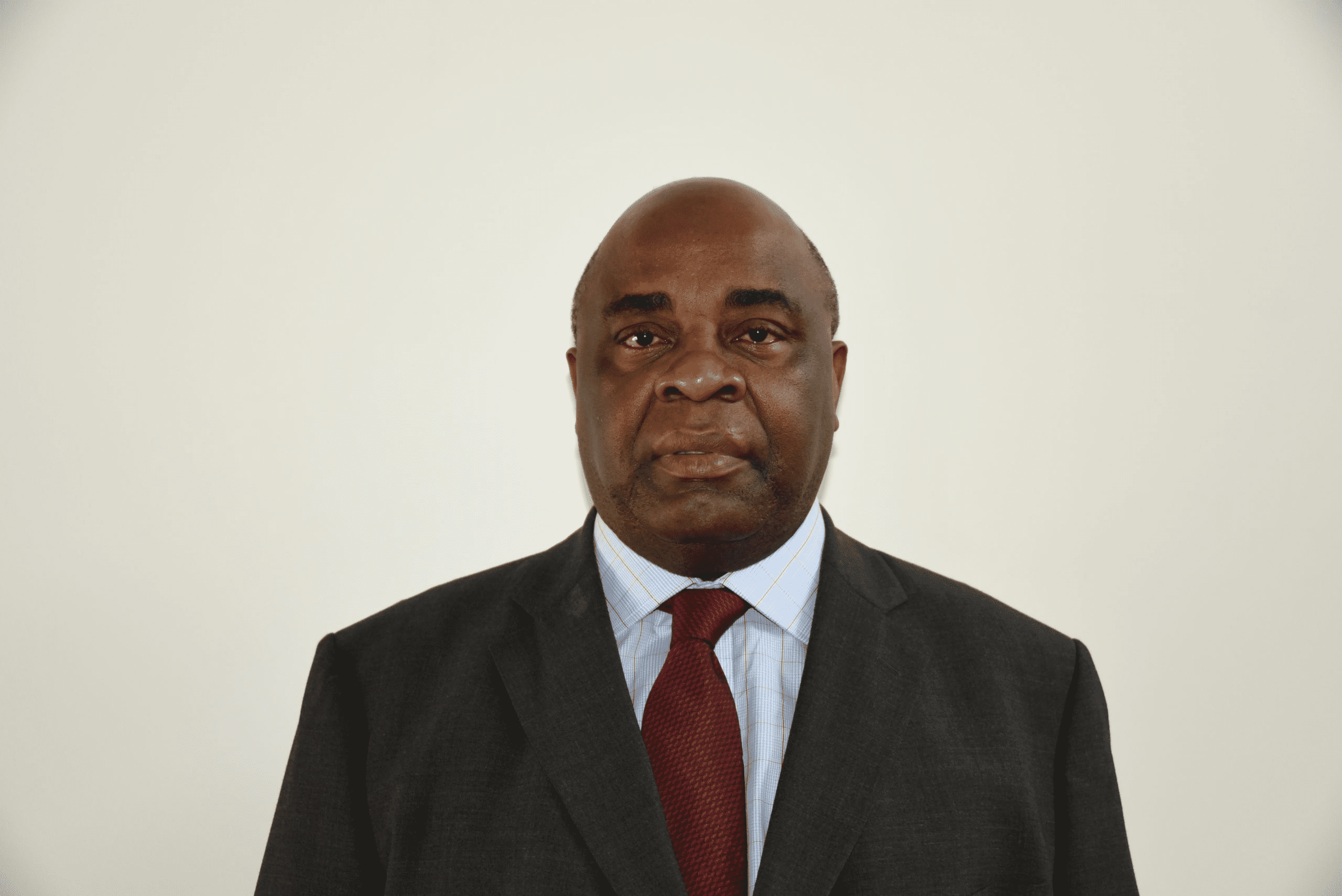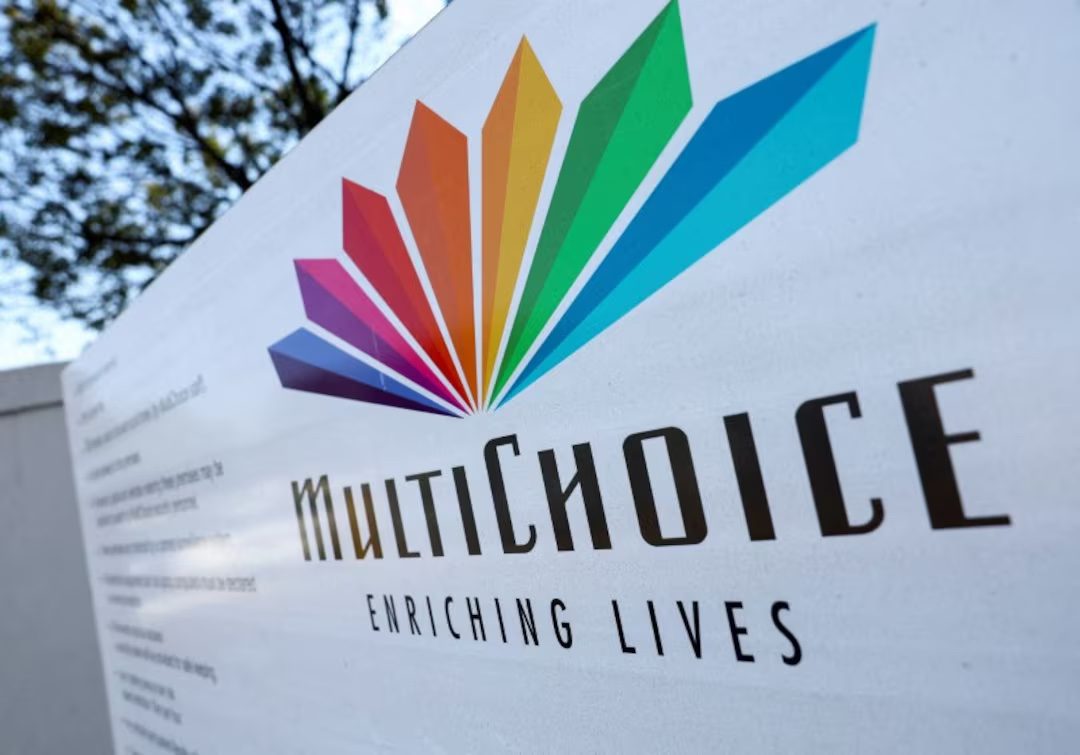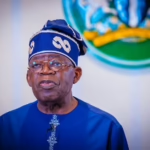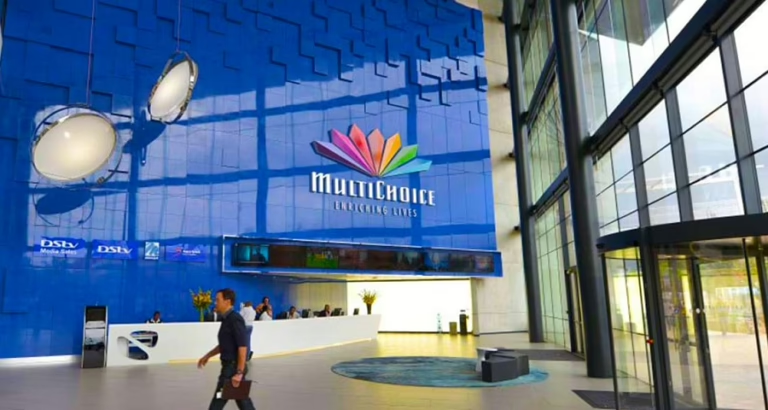The Federal Competition and Consumer Protection Commission (FCCPC) has officially dropped the criminal charges against MultiChoice Nigeria Limited and its senior executives following a mutually agreed out-of-court resolution.
This development was announced before Justice James Omotosho at the Federal High Court in Abuja on Tuesday, bringing an end to the extended legal confrontation between the regulatory body and the pay-TV provider.
Daniel Amadi, representing the FCCPC, informed the court that all outstanding issues between the parties had been amicably settled. He noted that a formal withdrawal notice was filed on August 16, with no objections raised by the defense. Subsequently, Justice Omotosho dismissed the case, marking the conclusion of the matter.
![FCCPC approves 173 digital lending platforms, bars illegal loan apps [FULL LIST]](https://lifeinlagos.com/wp-content/uploads/2025/09/FCCPC-withdraws-breach-of-compliance-case-against-MTN-Nigeria-executives.jpg)
The dispute attracted significant attention within Nigeria’s media and consumer sectors due to allegations that MultiChoice breached provisions of the FCCPC Act, including non-compliance with regulatory summons and transparency requirements. The investigation initially focused on MultiChoice Nigeria’s pricing strategy and its response to the commission’s directives.
Origin of the MultiChoice-FCCPC Conflict: Pricing and Regulatory Compliance
The disagreement began when MultiChoice Nigeria implemented price increases for its GOtv and DStv subscription packages in March. The FCCPC had summoned the company to an investigative hearing to clarify the rationale behind the price adjustments and to submit relevant documentation.
The commission expressed concerns that recurrent subscription fee hikes could signal anti-competitive conduct and potential exploitation of market dominance, given MultiChoice’s substantial market share in the pay-TV industry.
On February 25, the FCCPC formally requested that senior MultiChoice officials appear before its investigators on February 27. The company’s failure to attend this session was deemed a breach of regulatory orders, prompting the commission to initiate enforcement actions under the FCCPC Act of 2018.
Related: Court rejects MultiChoice’s attempt to raise DStv and GOtv prices in Nigeria
Following this, the FCCPC filed a seven-count criminal charge at the Federal High Court in Abuja. The allegations included failure by MultiChoice’s Chairman, Adewunmi Ogunsanya, Managing Director John Ugbe, and other executives from MultiChoice Africa Holdings to comply with summons, obstructing the investigation, and withholding requested documents.

Before the trial commenced, representatives from both sides engaged in negotiations that spanned several weeks, culminating in a settlement agreement reached in August.
Resolution and Case Withdrawal Bring Closure to Legal Dispute
The withdrawal of charges followed confirmation that MultiChoice Nigeria had adhered to regulatory protocols and cooperated with the FCCPC’s review process. This led the commission to retract its case, enabling both parties to continue operations under a strengthened compliance framework.
By mid-August, the FCCPC’s legal team had submitted a formal withdrawal notice. When the matter was revisited in October, the prosecution acknowledged the absence of any outstanding issues, and with no opposition from the defense, the court dismissed the case.
This conclusion ends months of legal tension that arose from the commission’s efforts to regulate pricing practices within the pay-TV sector. The settlement paves the way for ongoing collaboration between the FCCPC and MultiChoice Nigeria.
Initially, the FCCPC had warned that failure to justify the price increases could result in penalties. However, after MultiChoice provided the necessary documentation, the commission opted for dialogue over litigation to foster compliance and protect consumers.
This outcome underscores a growing trend among Nigerian regulators to resolve compliance disputes through administrative engagement rather than protracted court battles. It also highlights the critical role of transparent communication between regulators and industry players in sectors that directly affect consumers.
Importantly, the withdrawal does not diminish the FCCPC’s mandate to monitor pricing trends in the pay-TV market. The commission remains vigilant in safeguarding consumer interests and ensuring competitive practices.

This case highlights the legal responsibility of companies to promptly respond to regulatory summons and provide requested information, as mandated by the FCCPC Act. The legislation empowers the commission to demand records and pursue legal remedies when necessary, emphasizing the importance of cooperation to maintain regulatory integrity.
The controversy arose amid MultiChoice’s subscription price revision, impacting millions of Nigerian customers. The March price adjustments sparked consumer backlash, prompting the FCCPC’s intervention to ensure the changes complied with market standards and consumer protection laws.
The FCCPC reiterates its dedication to enforcing fair market practices and encourages businesses to maintain open communication with the commission to uphold consumer rights. This settlement demonstrates that with transparency and constructive dialogue, even complex regulatory disputes can be resolved efficiently without resorting to lengthy litigation.























0 Comments